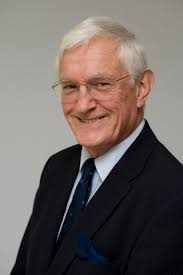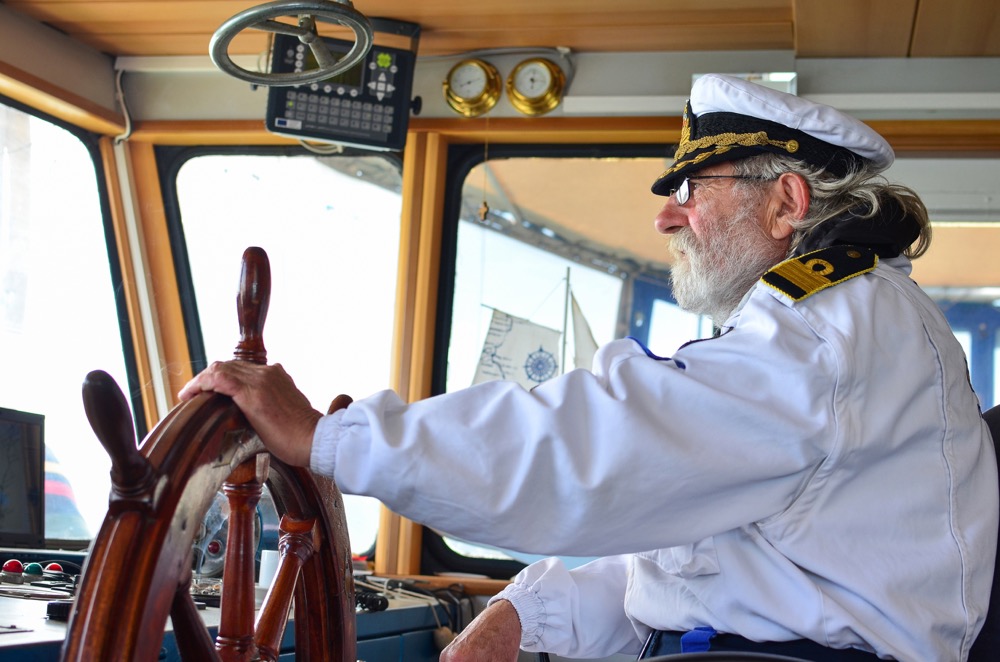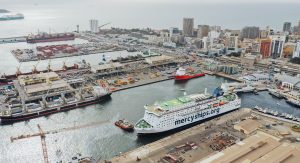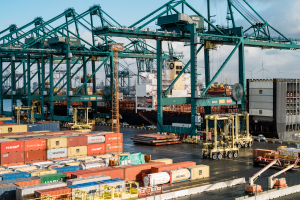
By Michael Grey*
The results of an inquest in the UK on the deaths caused by a tram coming off the rails gave one pause for thought. The driver, it had concluded, had suffered a “microsleep” at the very moment he should have been applying the brakes and the tram had rushed on with fatal results. The verdict, it is fair to say, has been widely criticised, not least by the relatives of the dead and injured, along with others who pointed out that falling asleep at the wheel of a speeding vehicle invariably leads to criminal convictions in the event of an accident.
It might also be asked whether this momentary lack of alertness, in any moving vehicle, aircraft or ship is caused because the driver, pilot, or officer of the watch lacks sufficient stimulation to keep their mind on the job. It must be almost impossible to tell whether a person has briefly nodded off, or has become so bored that the mind has wandered.
Years ago Dr Martin Dyer-Smith, who had been a senior ship’s officer before retraining as an industrial psychologist, was commissioned by the Maritime & Coastguard Agency to undertake some research into the effects of fatigue. This was particularly important at that time, because there was a great deal of enthusiasm for One Man Bridge Operation, in which there would be no need for a lookout to be stationed alongside the OOW during the hours of darkness. The Norwegians, I recall, who retain their fetish about minimum manning, I recall were very gung-ho on the idea.
Martin undertook a number of voyages on short-sea ships and as a result came to important conclusions about the wisdom of OMBO and its numerous risks, along with the insidious and cumulative effects of sleep deprivation, particularly on officers working watch over watch. I recall his report of a case where, lurking in the back of a wheelhouse, he had passed his hand over the open eyes of the watchkeeper, who failed to even notice this, even as he had signally failed to react to a the lights of a ship on a steady starboard bearing. The officer, concluded Martin, had been in a “catatonic trance” – something we probably all have experienced at some stage, as your thoughts take you miles away from where you really ought to be at a given moment.
Decades later and we still are getting no nearer to any conclusive action that might sort out this problem once and for all. The latest concern, which has rather taken over from the disconnect between a human and machinery is “distraction”, and there is now a growing archive of accidents which have been attributed to this cause. This is somewhat different; rather than boredom or sleepiness, it is alarms going off, essential paperwork, endless communications or too many things happening at once for the available hands, that diverts the watchkeeper from the navigational task.
But as we address this issue, we should not forget the older problems raised by the lack of stimulation, boredom, sleepiness and equipment that it is difficult to deny has taken a great deal of the challenge out of the watchkeeper’s role. If people are bored witless, shouldn’t we recognise the dangers and try and do something about it?
They might have been introduced with the best of intentions, by clever equipment manufacturers anxious to sell things, but SatNav, AIS, clever computing radar and other gear that reduced the watchkeeper to a mere overseer of machinery, successfully managed to de-skill the human component, without replacing any of the stimuli required for alertness. And it is still going on unchecked – the messages are perhaps more subtle than “buy our amazing navigational system, it can be worked by idiots” – but the inference is the same. And now, rather than confronting the problem and putting a bit more interest and challenge into the task, we are actually talking about ships with nobody mostly on the bridge or at the machinery controls during a deep sea passage, leaving it to clever sensors to pick up any approaching dangers.
Then, I suppose, some bored watchkeeper, awakened from their slumbers like Rip Van Winkle, by alarms, or electric shocks, will stumble to the bridge or engine room, and do what is necessary, if they can remember what that is.(Dreamstime photo of “old sea dog” at the helm)
*Michael Grey is former editor of Lloyd’s List. Published courtesy of Maritime Advocate Online.





